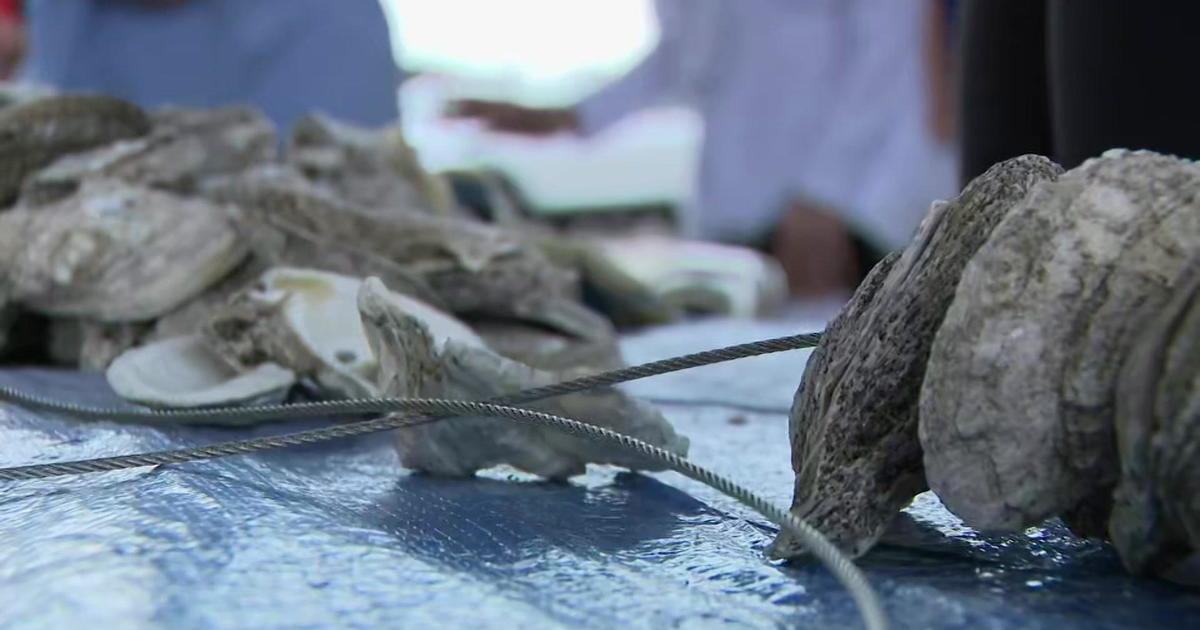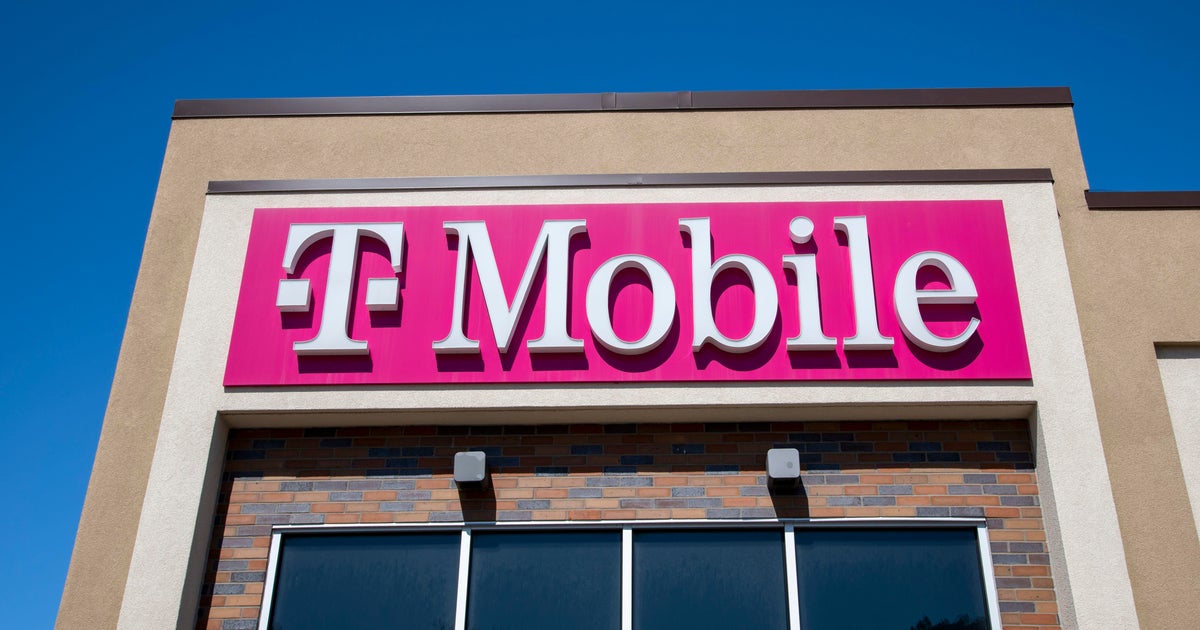Komen: Link Between Vitamin D & Breast Cancer
MIAMI (CBS4) – Women who want to try and avoid getting breast cancer should make sure they're getting enough Vitamin D.
Two years ago at the annual meeting of the American Society of Clinical Oncology a study was presented which showed that Vitamin D deficiency is common among women diagnosed with breast cancer.
Doctors theorize that vitamin D may act like a "brake" on cancer.
A Vitamin D deficiency has been linked to a poor breast cancer prognosis. Women who had low levels of vitamin D at the time of a breast cancer diagnosis also were more likely to have their cancer spread. As a result, more and more doctors are now recommending that patients be tested to determine whether they are deficient in Vitamin D and, if they are, to take supplements.
Approximately 200 million Americans suffer from a vitamin D deficiency. Vitamin D is activated in our cells by exposure to sunshine. Here in South Florida one thing we have plenty of is sunshine. If you're outside and your arms and legs are exposed to the sun twice a week for 10 to 15 minutes, you may be absorbing enough Vitamin D from the sun. But not everyone spends their days at the beach and sun exposure carries its own dangers.
"We're not recommending a lot of sun exposure because of the skin cancers and melanomas," said P.B. Cancer Institute oncology nurse practitioner Robin Stevens.
"Our being aware of those conditions and putting on sun block has really diminished the amount of Vitamin D and that's why we have a great Vitamin D deficiency in this country."
Stevens explains to patients how important it is to avoid becoming deficient in Vitamin D as part of her job.
"This was a study performed with the Women's Health Initiative and their finding suggested that women who had a concentration of lower than 12 n.g. in their serum had about a 200% risk of colorectal cancer," said Stevens. "And women who had adequate levels of Vitamin D lowered their risk of breast cancer almost 50%. And that is truly significant."
Studies also indicate that obese people are more likely to be deficient in Vitamin D. It is very difficult for vitamin D it to be transported to cells when a person is obese because it is absorbed in the fat; the fat blocks it. Also metabolic disorders and diabetes will prevent the absorption of Vitamin D.
Doctors recommend about a thousand to two thousand IUs of Vitamin D a day.
So if you think you'll be able to get enough Vitamin D by drinking a glass of milk every day, think again.
"Milk is fortified with Vitamin D but contains less than 100 IUs in a cup of milk," said Stevens. "So you'd have to drink an awful lot of milk in order to get an adequate amount. About the only food source that has enough of Vitamin D in it is cod liver oil. And not too many people are wanting to that cod liver oil."
Fortified cereals have vitamin D. Salmon has about 300 IUs and tuna fish has some, the yolk of an egg has some. But basically food is not the greatest source of Vitamin D. And that's why it's so important to take Vitamin D supplements.
Click here more Komen For The Cure stories on CBSMiami.COM.



